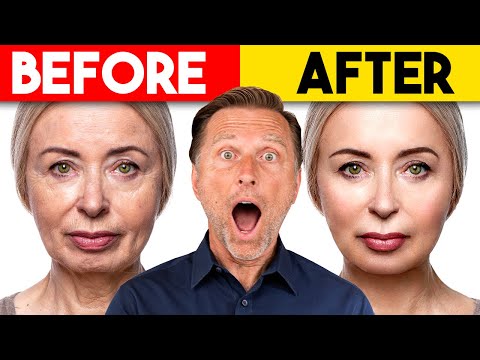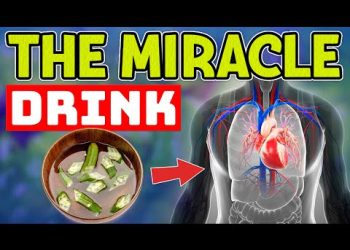Understanding the Aging Process
Aging is an inevitable part of life, but that doesn’t mean we can’t take steps to slow it down or reverse its more undesirable effects. The visible signs of aging, such as wrinkles, also reflect what’s happening inside the body. Aging impacts our collagen and connective tissues, leading to stiffness and changes in posture. The key to reversing these effects lies not just in topical treatments but in addressing the issue from within.
The Impact of Collagen Loss
By the age of 40, many people have lost about 25% of their collagen in connective tissues. Collagen breakdown contributes significantly to the appearance of aging. Certain factors like antibiotics, excessive sun exposure, and especially high sugar intake accelerate this breakdown by increasing the activity of enzymes that degrade collagen. To combat this, it’s crucial to maintain and even bolster our collagen levels from the inside out.
Sugar and Aging: The Hidden Connection
Sugar plays a pivotal role in accelerating aging. Excessive sugar intake leads to proteins being clogged up, hastening the aging process. Individuals often misconstrue starches as different from sugars, but processed starches are essentially hidden sugars. Avoiding these can be essential in slowing the aging effect and maintaining healthier skin and tissues.
The Role of Vitamin D
Vitamin D is a powerhouse in the fight against premature aging. It helps protect against collagen loss, making it an essential nutrient. A recommended daily intake of at least 10,000 IU of Vitamin D3 can be beneficial for various reasons, including supporting skin health and preventing premature aging signs.
Exercise: A Natural Collagen Booster
Regular physical activity stimulates collagen production, essential for youthful skin and healthy tissues. Exercises that focus on muscle tension, such as planks and eccentric exercises, are particularly effective. Sprinting, in a gradual and controlled manner, can also enhance collagen strength and rejuvenate tissues, benefiting overall health and vitality.
Key Nutrients for Collagen Production
Several nutrients are critical in aiding collagen formation. Vitamin C, Vitamin K2, magnesium, zinc, and copper are important co-factors. These nutrients can be found in raw sauerkraut, liver, egg yolks, almonds, dark chocolate, oysters, and red meat. Consuming these foods supports healthier skin and connective tissues.
The Power of Quality Proteins
Choosing the right kind of protein is essential for reducing the signs of aging. Quality proteins, such as grass-fed beef, offer a better omega-3 to omega-6 fatty acid ratio compared to plant-based isolates or lean poultry. These proteins support healthier skin and reduce inflammation, crucial for maintaining a youthful appearance.
Intermittent Fasting and Autophagy
Intermittent fasting stimulates autophagy, a process where the body recycles damaged proteins into new ones, thereby reducing cellular aging. By limiting meals to once or twice a day, the body focuses on healing and regenerating cells, which can contribute to younger-looking skin and overall vitality.
Importance of Sleep and Stress Reduction
Sleep is vital for reducing stress and the cortisol levels that contribute to premature aging. Exercise can mitigate stress, but another potent ally is oxytocin. Oxytocin, a powerful antistress hormone, can be cultivated through specific microbial dairy products, enhancing sleep and reducing stress levels, which helps rejuvenate skin and muscles.
Taking Action Against Premature Aging
In conclusion, to reverse and prevent premature aging, a comprehensive approach is necessary. Focus on reducing sugar intake, ensuring sufficient vitamins and nutrients, engaging in regular exercise, and cultivating beneficial lifestyle habits like quality sleep and stress reduction. Following these guidelines can lead to better health and a more youthful appearance, from the inside out.












